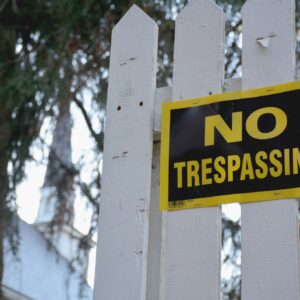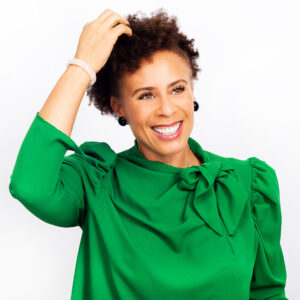
Corri Daniels is one of 15 writers chosen to be a part of Audible’s new Indigenous Writers’ Circle. Sixties Scoop Survivor Daniels said the experience is helping her build relationships and become the writer she always wanted to be.
“Writing has helped me come to terms with who I am and helped me learn about the kind of person I want to be. The mentorship program has allowed me to build bridges and create relationships that I might not have had the opportunity to otherwise and has given me confidence and strength,” said Daniels, who is being mentored by writer, scholar and professor Dr. Norma Dunning.
Audible, the online audiobook and podcast service owned by Amazon, started this mentorship program for emerging First Nations, Inuit and Métis writers in Canada looking to elevate their stories. The other mentors are Tanya Talaga, Richard Van Camp, Kim Wheeler and Chelsea Vowel. The mentors will aid the writers in a series of workshops and sessions designed to help them not only grow as writers but also as entrepreneurs; learning about the tools available to help fund and promote their work.
Daniels is Plains Cree from George Gordon First Nation in Treaty 4 territory north of Regina, Saskatchewan, but was born and raised in Calgary, Alberta. She now lives in northern Ontario. She writes poetry and stories for her healing and her two daughters. She said being a Sixties Scoop Survivor has really shaped who she is as a writer.
“I would say being a Sixties Scoop survivor has impacted my writing in a huge way because my life experience revolves around the fact that I was taken at birth and not raised with my family,” she said. “A lot of my writing has to deal with that loss of family and culture and relationships. I try to reflect that in my poetry and in my stories. It’s who I am. Every breath that I take is breathed in and around the fact that I am an adoptee who has had this very painful experience. If I hadn’t lived the life that I did then I don’t know if I would write or feel as deeply as I do.”
Daniels’ goal after the program is to have a manuscript written and prepared to present to a publisher.
“What I hope to accomplish is to have a manuscript ready to send out for publication. I hope to learn the steps I need in order to get to that point,” she said, adding that as much as she loves writing of all types, she loves poetry the most.
“I really enjoy poetry more. I feel like so much beauty can be written down in so little on paper, and can say so much with a poem. I like that it doesn’t require too much structure and can be more free form,” said Daniels, who knew she had a passion for writing in Grade 10, but has taken it more seriously the last 10 years.
Daniels said storytelling has long been a part of Indigenous culture, especially through oral teachings, and it helps people make sense of the world around them.
“Storytelling is important because it helps us make sense of things. Helps us put things in some kind of order. Helps us learn from the past so we can pass that knowledge on to future generations. Storytelling of all types can be used to move us as people forward. That’s what our people have always done,” she said.
Daniels said she wants to write a memoir someday that could help other Sixties Scoop survivors on their own healing journey.
“I’ve been feeling fairly good about my poetry and short stories lately. I would really like to write an impactful memoir that could help other Sixties Scoop survivors, or others affected by the child welfare system, heal. I want to give those or who are no longer with us a voice and say ‘This happened. It was real.’ People need to know about it,” she said.
Daniels said meeting her mentor was like meeting an old friend.
“Meeting Norma was like meeting an old friend. We hit it off right away. She critiques my work well and makes suggestions without outright telling me to undo or change the things I’ve done. She’s very encouraging and supportive and I’m grateful for her wisdom; she is a wise woman who has walked the road I’m taking. She can relate to me and that feels really good.
“My experience in the mentorship program has been extremely positive. It is a very well run and very well organized program. All of the writers are treated with dignity and respect and all they want for us is to succeed.”











